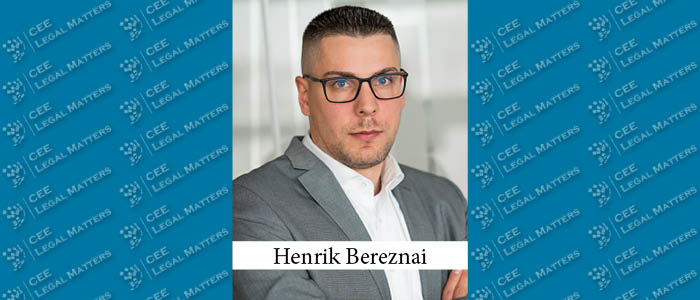Manufacturers have less than a month left - until June 30, 2024 - before they must comply with the rules for products subject to the mandatory Deposit Refund System (DRS) when placing them on the market. Compliance with the new regulations will result in a price increase of HUF 50 per product, which consumers will have to bear - unless they return the relevant beverage cans and bottles.
The DRS, or mandatory deposit refund system, has been gradually rolled out since last fall. Products under the DRS (excluding dairy products and covering beverage packaging with a capacity of 100 ml to 3 liters in glass, metal, or plastic bottles or cans) are now classified as mandatory deposit products. The new system introduces regulations that include various reporting and fee obligations when placing these products on the market.
From Next Month, Only Registered Products Can Be Sold
Since November 15 last year, manufacturers have been required to register (effectively obtain approval) for the affected products. Market participants were given a grace period until July 2024. However, those who have not yet started preparing for the transition are already late, as registration must be completed at least 45 days before the product is placed on the market with the concession partner (MOHU Zrt.).
Without proper registration, products under the DRS cannot be placed on the market. Moreover, improperly marketed products will be recalled by the national waste management authority, along with the application of other sanctions. It’s important to note that the grace period, which lasts for less than a month, also allows for certain exceptions. Products placed on the market until June 30, 2024, may continue to be sold under pre-November 15, 2023, rules due to the nature of the regulation. The saleability of these products will largely depend on their expiration dates, and their collection will not occur under the DRS; the waste should be placed in selective recycling bins as before.
No Exemptions from the Deposit Fee
Starting in July, manufacturers will also face various payment obligations. Depending on their production volume, they must pay a membership and service fee to MOHU Zrt., as well as advance the deposit fee (HUF 50 per item) for non-reusable products under the DRS. (The deposit fee for reusable products, set by the manufacturers, must be refunded to the retailer or consumer at the time of return). For each unreturned product, however, the deposit fee becomes the ’profit’ of MOHU Zrt.
Although it might seem that MOHU Zrt. would benefit from fewer product returns, this is not the case. Under European Union regulations, MOHU Zrt. is required to achieve a 90 percent PET bottle return rate by 2029. To support this goal, the "extra income" must be used for campaigns to promote consumer awareness of returning products and to operate and develop the deposit system.
Small Producers Are Exempt from DRS Requirements
It’s worth noting that a year-end amendment excluded ‘small-scale producers’ from the scope of the DRS. This likely benefits smaller wineries, allowing producers who placed no more than 5,000 deposit-bearing products on the market in the previous year to be exempt from the DRS. Bottles sold after July 1 will not be subject to DRS obligations, and they will not be burdened with the accompanying requirements.
Retro Experience: In-Store Returns Are Back
The other major component of the DRS is the return system itself. The regulation places more responsibility on retailers, as they must handle the physical return process. All retailers are required to offer product returns during their full opening hours, but grocery stores with a sales area larger than 400 square meters must also install return machines for non-reusable products provided by MOHU Zrt.
No EPR or Product Fee with DRS
Although some DRS products are also covered by the EPR system, the relevant regulation states that EPR fees and the DRS membership and service fees cannot be charged simultaneously. If the DRS membership and service fee have been paid, no EPR fee is required for the product.
Additionally, there is no product fee obligation for DRS-covered products if they are part of the deposit refund system.
By Henrik Bereznai, Attorney, Jalsovszky




